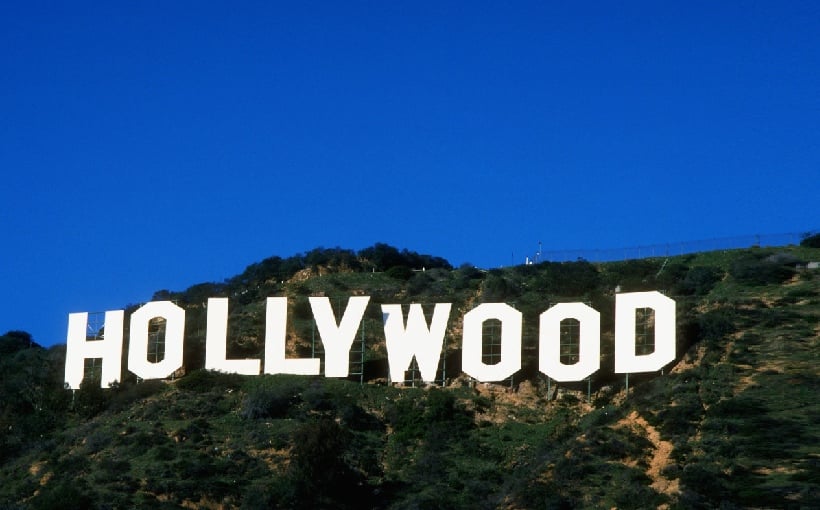The recent actors’ strike against major media companies has come to an end after nearly four months, with SAG-AFTRA approving a tentative deal. The union’s national board is set to review the contract this Friday.
Los Angeles Mayor Karen Bass and California Governor Gavin Newsom expressed relief at the resolution of the 118-day walkout. “Now, we must focus on local production to ensure that our entertainment industry bounces back stronger than ever and our economy recovers,” said Bass in a statement.
Newsom added, “This agreement will benefit our entire state’s economy and ignite a new wave of exciting projects. I am grateful that we can now get this iconic industry back to work for not only writers and actors but also for over two million workers who drive our world-renowned entertainment sector.”
However, along with the Writers Guild strike which ended in September after an even longer period of time, these strikes have caused widespread disruptions in film and TV production schedules nationwide. Executives from studios as well as exhibition companies have warned about potential long-term effects yet to be felt.
In its third-quarter earnings announcement, AMC Entertainment stated: “There has been significant collateral damage from these prolonged work stoppages.” Similarly at Warner Bros Discovery’s Q3 earnings call CFO Gunnar Wiedenfels acknowledged that there is a real risk of negative financial impact extending into 2024 due to these strikes.
According to data from the U.S Bureau of Labor Statistics cited by The Los Angeles Times , more than 45,000 jobs were lost in payrolls within the entertainment and sound recording industries since last spring alone. Additionally,the dual strikes are estimated by Todd Holmes – associate professor at Cal State Northridge specializing in entertainment media management -to have caused around $7 billion worth economic damage thus far.


